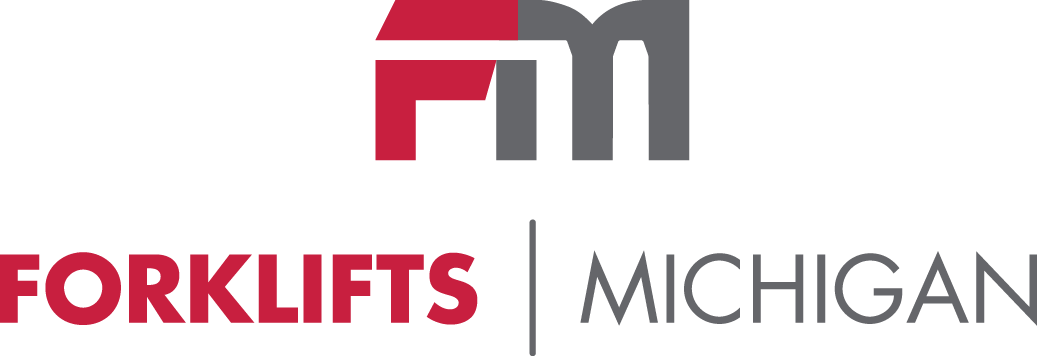How to Identify Top-Quality Manufacturers for Battery Powered Forklifts
In the rapidly evolving landscape of material handling, Battery Powered Forklifts have surged in popularity due to their environmental advantages and operational efficiency. According to the Material Handling Industry of America, the global market for electric forklifts is projected to reach $22.3 billion by 2027, with Battery Powered Forklifts accounting for a significant share of this growth. These forklifts not only reduce emissions but also provide lower operating costs compared to their diesel counterparts, making them an attractive option for businesses aiming to enhance sustainability while maintaining productivity.
However, selecting the right manufacturer for Battery Powered Forklifts is crucial to ensure durability and safety in operations. A recent report from Grand View Research highlighted that 80% of electric forklift failures can be traced back to poor manufacturing practices or substandard components. Therefore, identifying top-quality manufacturers becomes essential to avoid costly downtime and ensure reliable performance. In this blog, we will explore key factors to consider when evaluating manufacturers, helping you make informed decisions that align with your operational needs and sustainability goals.
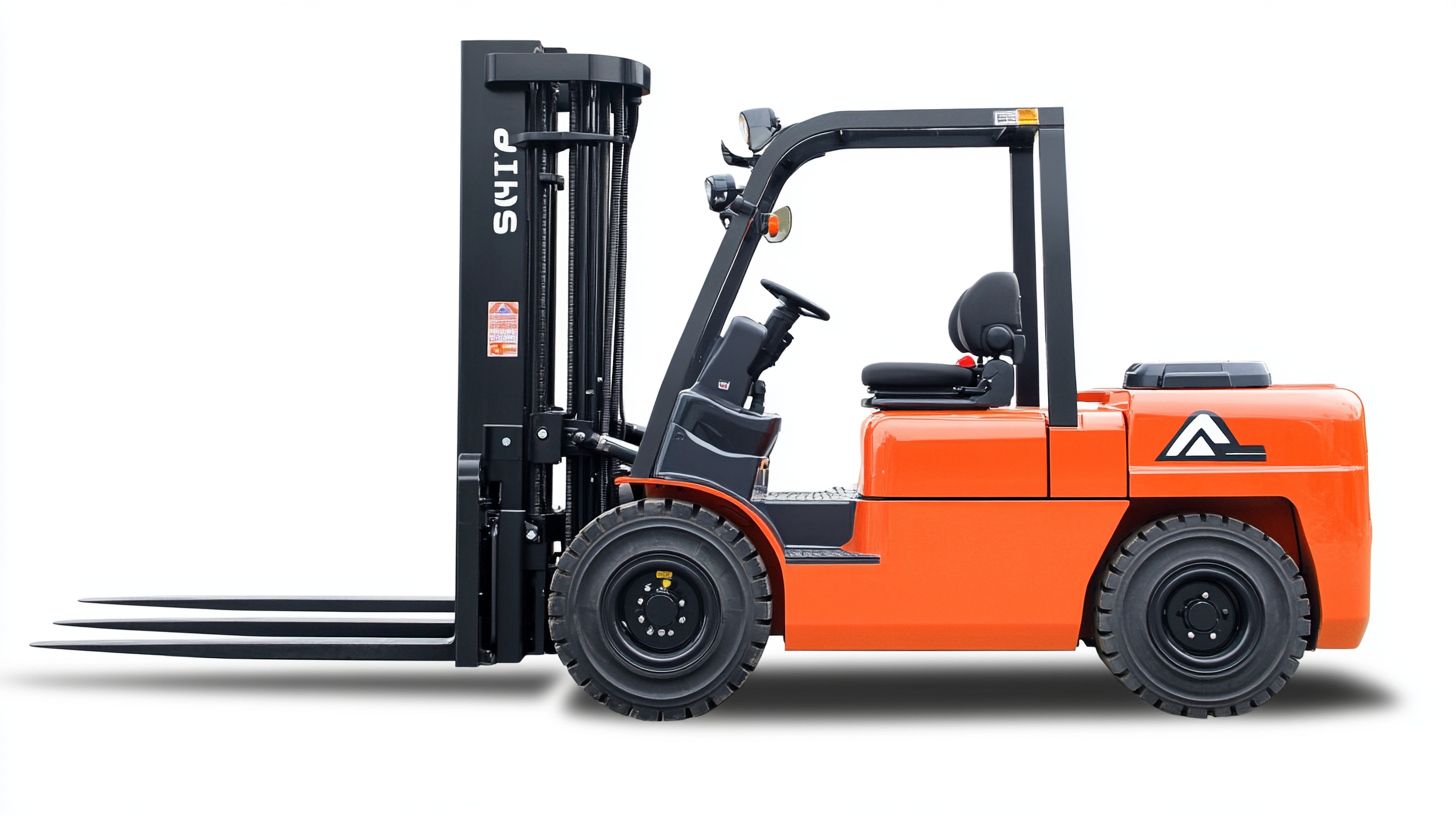
Understanding Your Specific Needs for Battery Powered Forklifts
When searching for the right battery powered forklift, it's crucial to first comprehend your specific operational needs. Each industry has distinct requirements based on factors such as weight capacity, lift height, and the nature of the tasks at hand. Before engaging with manufacturers, conduct a thorough assessment of your warehousing processes, including the frequency of use and the types of loads the forklifts will handle. This insight will help you identify specifications that align with your operational demands, ensuring that the forklift you choose can effectively support your logistics. Furthermore, consider the environment in which the forklift will be utilized. For instance, if your operations involve indoor spaces with limited aisle widths, opt for compact models that can maneuver easily. Conversely, if you require forklifts for outdoor use, look for those designed for rugged terrains. Evaluating these conditions will eliminate the risk of overestimating or underestimating your needs, guiding you towards a manufacturer capable of providing tailored solutions. Lastly, assess the total cost of ownership beyond the initial purchase price. This includes factors like battery life, maintenance requirements, and resale value. Understanding these financial aspects will allow you to make a more informed decision and select a manufacturer that aligns with your budgetary constraints and long-term operational goals. By clearly defining your specific requirements, you can simplify the process of identifying top-quality manufacturers for battery powered forklifts who can meet your unique needs.
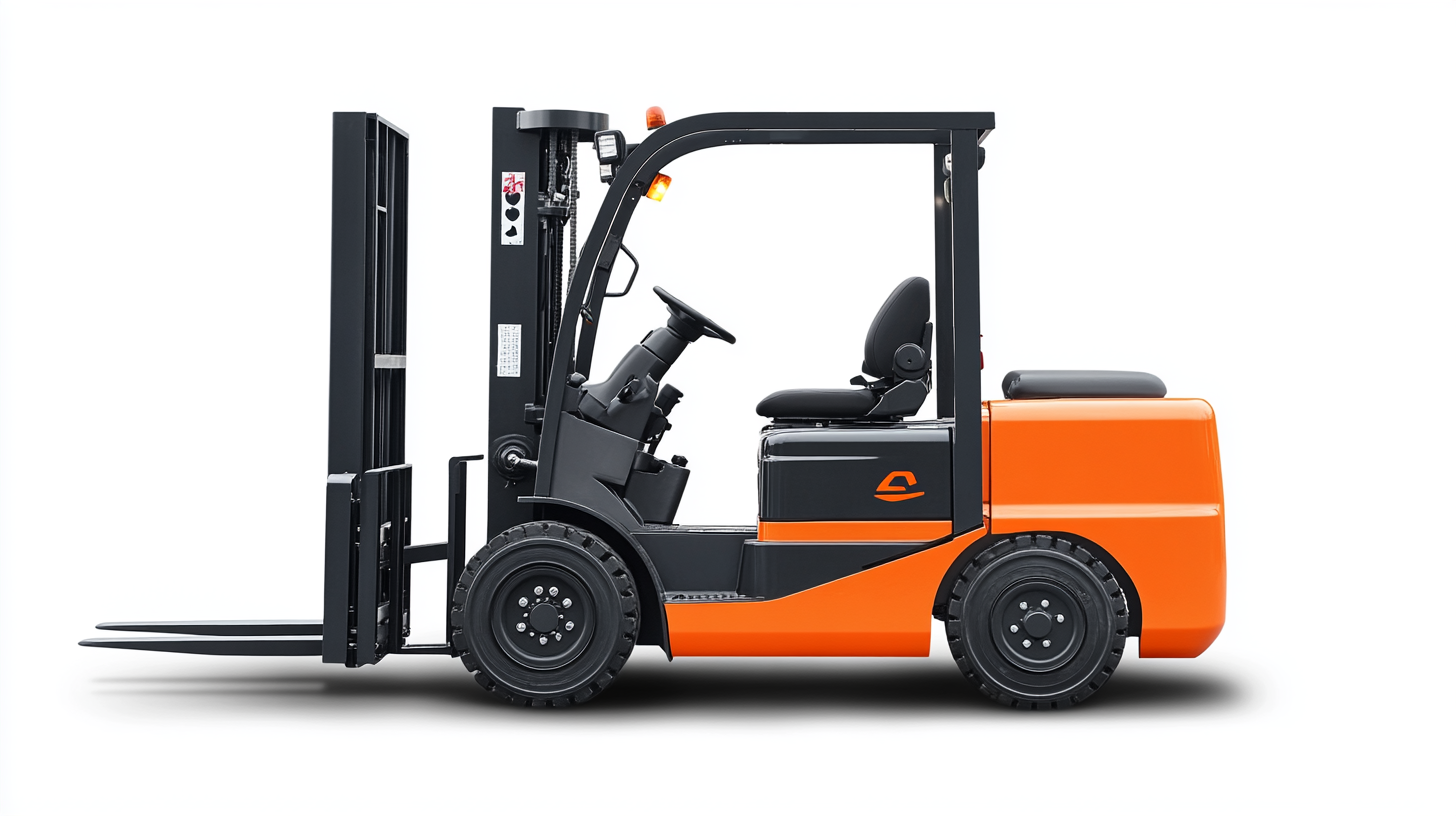
Key Features to Look for in Quality Forklift Manufacturers
When searching for top-quality manufacturers of battery-powered forklifts, it’s essential to focus on several key features that can significantly impact the performance, reliability, and longevity of the equipment. One critical factor is the manufacturer’s experience and reputation in the industry. Companies with a long history of producing forklifts often have honed their processes and technologies, resulting in superior products. Look for manufacturers with positive customer testimonials and case studies that showcase their ability to meet diverse clients’ needs.
Another important aspect is the quality of materials and components used in the forklifts. Leading manufacturers typically use high-grade materials that enhance durability and reduce maintenance costs. Investigating the supplier relationships can provide insights into the quality standards maintained throughout the production process. Manufacturers that invest in R&D often have a competitive edge, as they are more likely to incorporate the latest technology and innovations into their forklift designs, improving efficiency and effectiveness in various operational settings.
Moreover, consider the level of customization offered by manufacturers. Top-quality forklift manufacturers should be able to provide tailored solutions that align with specific operational requirements, including weight capacities, battery types, and ergonomic designs. This level of flexibility indicates a manufacturer’s commitment to delivering not just standard products but solutions that cater to unique business processes. Lastly, robust after-sales support, including warranty provisions and accessible service options, is a hallmark of quality manufacturers, ensuring that businesses can rely on ongoing assistance throughout the forklift’s operational life.
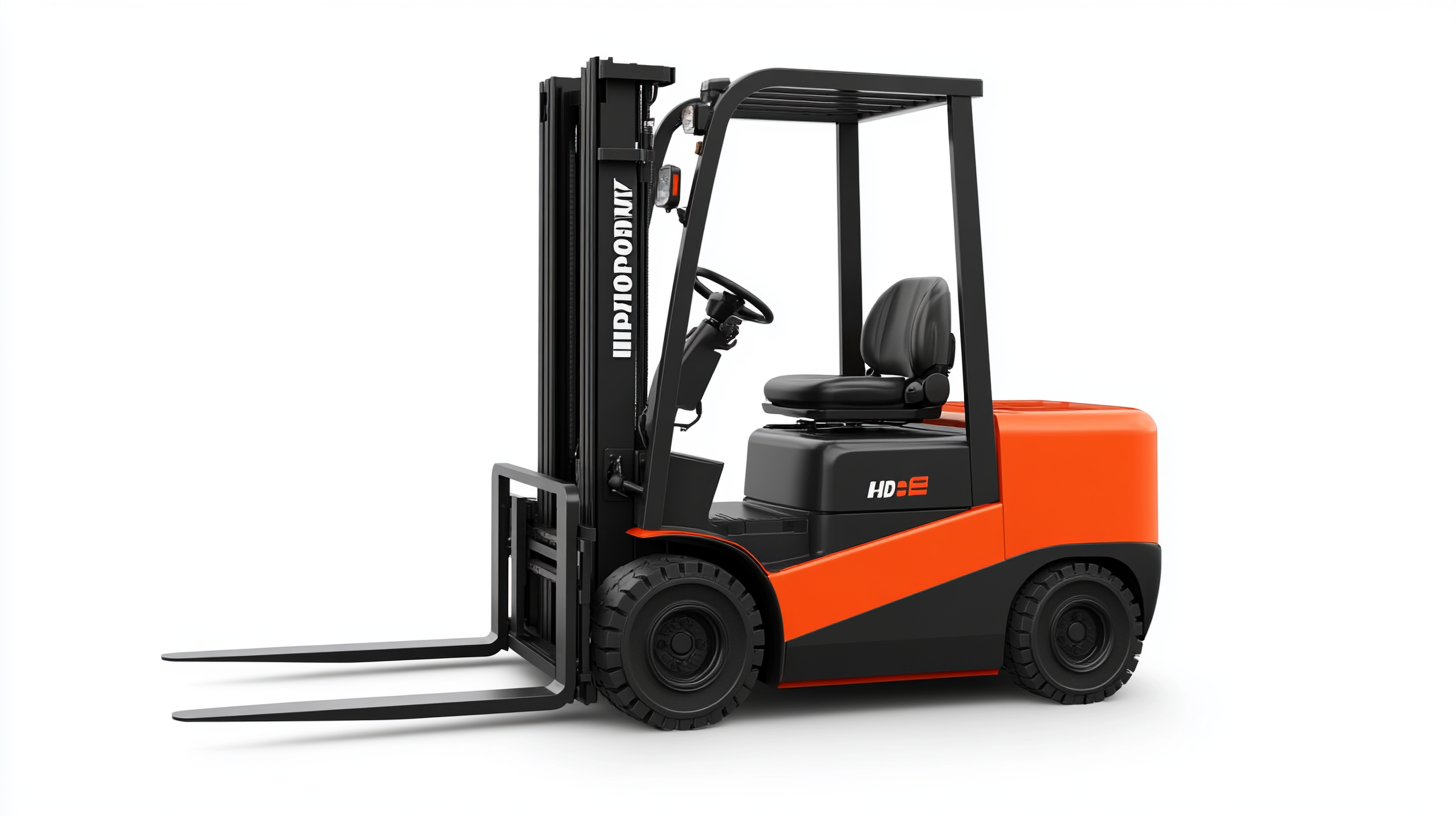
Evaluating Manufacturer Credentials and Industry Reputation
When evaluating manufacturers of battery-powered forklifts, it is crucial to consider their credentials and industry reputation. According to a report by Market Research Future, the global electric forklift market is expected to reach USD 21.22 billion by 2025, primarily driven by burgeoning demand for energy-efficient material handling equipment. This growth underlines the necessity of selecting high-quality manufacturers who can provide reliable and innovative solutions in this competitive landscape.
One important aspect of a manufacturer's credentials is their compliance with relevant safety and performance standards. Manufacturers who hold certifications such as ISO 9001 (Quality Management) and ISO 14001 (Environmental Management) demonstrate a commitment to quality and sustainability. Additionally, research by McKinsey indicates that companies with strong safety records are likely to maintain better operational efficiency and lower insurance costs. Thus, ensuring that a manufacturer’s forklifts are compliant with OSHA and ANSI standards can be a reflection of their commitment to excellence.
Furthermore, industry reputation is often built over years of consistent performance and customer satisfaction. A survey conducted by Peerless Research Group found that 84% of respondents considered a manufacturer’s reputation as a key factor when deciding which forklift to purchase. Engaging with current users of the manufacturer’s products, checking online reviews, and examining case studies can provide insight into their reliability and customer service. Overall, thorough research into a manufacturer's credentials and reputation can significantly impact the success of your material handling operations.
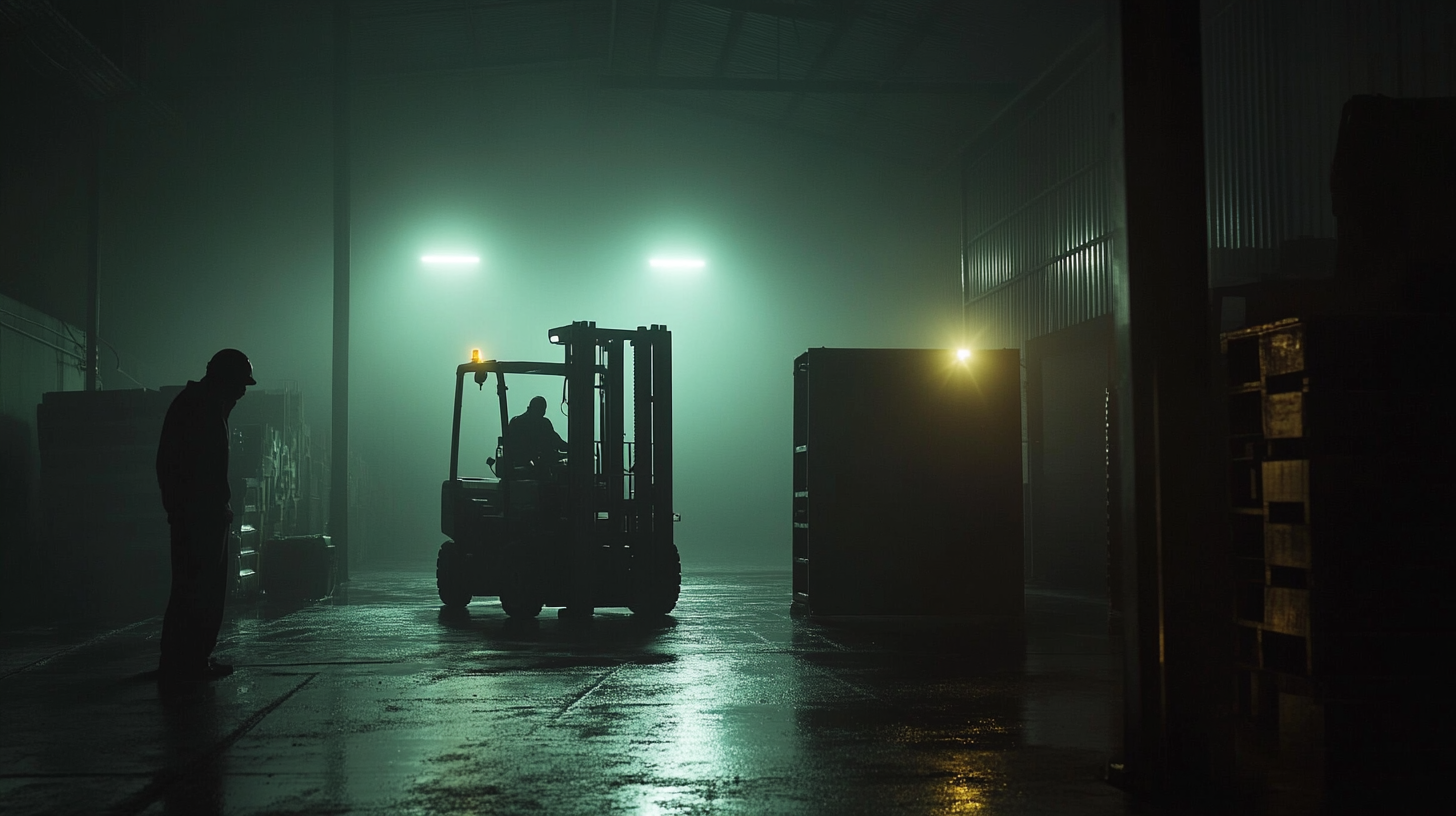
Assessing the Quality and Compliance of Forklift Components
When selecting a manufacturer for battery-powered forklifts, one of the most crucial elements to consider is the quality and compliance of the forklift components. According to the Industrial Truck Association, approximately 60% of the operational efficiency of a forklift is directly linked to the quality of its components, including the battery, motor, and drive system. Thus, manufacturers must adhere to rigorous quality standards to ensure their products can withstand the heavy demands of modern warehousing and logistics.
In addition to performance, compliance with industry regulations is paramount. Standards set by organizations such as the American National Standards Institute (ANSI) and the Occupational Safety and Health Administration (OSHA) provide guidelines for safety and performance. A recent report from the National Institute for Occupational Safety and Health (NIOSH) indicated that non-compliance with these standards can lead to increased accident rates, emphasizing the importance of working with manufacturers who prioritize safety and compliance in their production processes. Manufacturers that consistently achieve certifications such as ISO 9001 demonstrate a commitment to quality management systems that enhance product reliability and safety.
Furthermore, evaluating the supply chain transparency of component sourcing is vital. A survey by the Material Handling Industry (MHI) revealed that 75% of industry leaders prioritize working with manufacturers who can provide traceability of their parts and materials. This not only showcases the integrity of the product but also ensures that all components meet regulatory and safety standards. As the market continues to evolve, opting for manufacturers who emphasize high-quality and compliant components will be essential for success in the warehouse environment.
The Importance of After-Sales Support and Maintenance Services
When considering the procurement of battery-powered forklifts, the importance of after-sales support and maintenance services cannot be overstated. The mining industry, with its rigorous operational demands, requires reliable equipment that functions seamlessly under pressure. A top-quality manufacturer not only provides high-performance forklifts but also a robust support system that ensures the longevity and efficiency of the machinery. This is especially critical in a sector where downtime can lead to significant financial losses.
Collaboration with leading manufacturers, such as FLS, highlights the value of comprehensive after-sales services. These services include regular maintenance checks, prompt repair options, and readily available spare parts. Establishing a partnership with a manufacturer that prioritizes maintenance can greatly enhance operational productivity. Additionally, training programs offered by manufacturers for their equipment ensure that operators are well-versed in troubleshooting minor issues and optimizing the use of their forklifts.
Furthermore, in an era of technological advancement, manufacturers that leverage generative AI and other innovative solutions in their service offerings are likely to stay ahead of the curve. This not only enriches customer interactions but also creates a more efficient service model. As the demand for environmentally friendly and efficient material handling solutions grows, the focus on exceptional after-sales support will continue to define the competitive landscape of the battery-powered forklift market.

